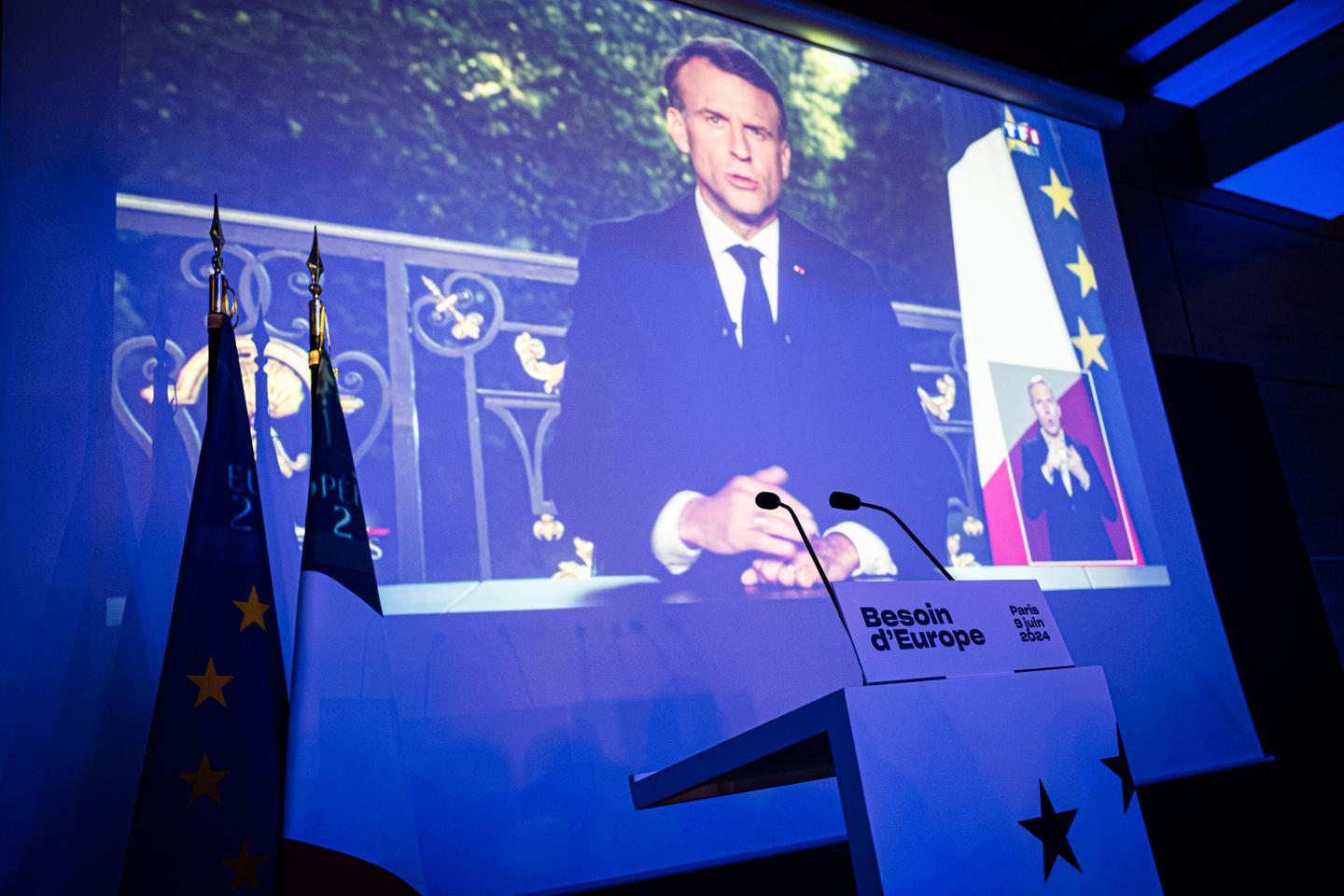The European Union is facing a dual polarization that is testing both its internal cohesion and its position on the international stage. On the one hand, societal and political polarization is weakening our democracies, exacerbated by recent crises: The Covid-19 pandemic, the wars in Ukraine and Gaza, and economic tensions (energy prices, inflation). On the other hand, geopolitical polarization, compounded by competition between the US and China, is shifting the global balance, often to the detriment of European industrial and strategic interests.
What the European elections reveal is not so much a “crisis of democracy” as an expression of it, at a time when European citizens are worried about Europe stalling and are questioning the policies or inadequacy of policies to address it. The confirmed rise of the far right in France and Europe reflects a “crisis of performance” of incumbent governments, in the face of issues that are of primary concern to European citizens: the cost of living, climate change, immigration and the return of war to the continent.
In France, the triple deficit (trade, public and financial), falling productivity and the relocation of companies to the US, for reasons of lower energy costs and the attractiveness of the market linked to the Inflation Reduction Act [enacted in August 2022], have confirmed French people’s feeling of mismanagement and an uncontrollable forward rush.
On these issues, the European Union (EU) is often perceived as a problem rather than a solution. An over-regulatory, even punitive EU in terms of environmental transition, with a Green Deal that exacerbates territorial divides and our dependence on China. An EU that is too lax on migration policy and too naïve and under-equipped on geopolitical and geoeconomic issues, reinforcing our dual dependence and vulnerability when it comes to the US and China. The answer to these challenges lies in implementing the Versailles Declaration [set during the French presidency of the EU Council in 2022] on European sovereignty, which has struggled to take root in France.
New East-West divide
Several key trends are emerging independently of the results of the upcoming parliamentary elections: the French-German leadership crisis will deepen and accelerate the recomposition of political balances in Europe, the French political scene will continue to be transformed by the normalization of the far-right Rassemblement National (RN), weakening France’s place in Europe, and the European agenda will undergo adjustments in response to the concerns expressed during these elections.
You have 59.86% of this article left to read. The rest is for subscribers only.

